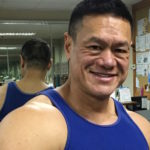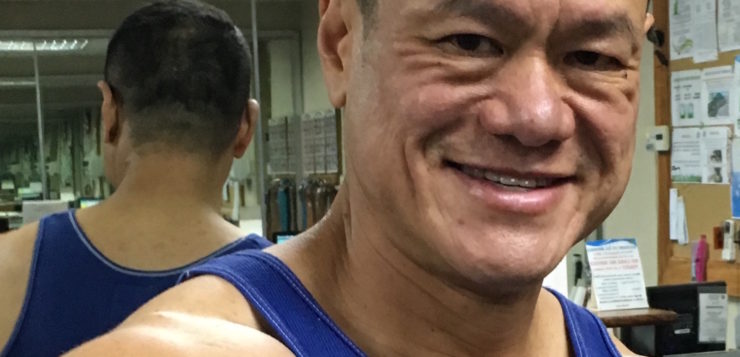I READ MY FIRST NOVEL at age fourteen. If my high school English teacher had not assigned a report on a book written for adults, then I would never have picked up Jeffrey Archer’s Kane and Abel. Reading 600 pages seemed a tedious task. Nevertheless, the intricacies of a rags-to-riches saga that included the sinking of the Titanic, romance, and feuding families were so engrossing that by the time I got to the end, the novel seemed too short rather than too long. How, I marveled, could so small an object as a book contain so much?
So I attempted to write my own novel. I didn’t make an outline, had no idea what the beginning, middle, and end would be nor who the characters were. All I had was an image of a seventeen-year-old boy riding steerage class on a train from Yugoslavia to Paris, surrounded by sun-wrinkled women dressed in dirty head scarves and floor-length aprons and carrying vomiting babies. My hero, in his newspaper boy hat, would somehow reach America from France to build a colossal fortune. My attempt lasted less than an hour. I would write two lines, scratch them out, then write another two lines, until I had a page of scribbles. Finally, I gave up altogether. Yet I’d keep on reading for years thereafter, first a few more of the day’s bestsellers followed by the classics, starting with Alexander Dumas’ The Count of Monte Cristo. Every time I closed a book, I’d wish I had written it.
Soon I was harboring the same wish with regard to old films. I imagined that A Place in the Sun and Rebel Without a Cause were adapted from novels I wrote. They were so absorbing in their passion and drama that I started to imagine I was also the characters: brooding Montgomery Clift, whose doomed love for Elizabeth Taylor leads him to the electric chair; James Dean, so emotionally tortured yet so cool in his white T and red jacket; Sal Mineo with eyes close to tears in yearning for acceptance.
I drew no distinction between the actors and their roles; hence, the only reality for me, the only truth, was the cinema. God knows how much I wanted to look like Clift or Dean or Mineo, to be a lover, a hero, a star. I truly believed that I would be all that once I turned eighteen and moved from the Philippines to the U.S. to attend college. There, I would bloom into a man with Dean’s sexual presence and fall in love with someone, and be loved in return, just as Clift did with Taylor. I was plotting my life as a novel. But when I finally did move, my expectations didn’t come to pass. Maybe at nineteen, I thought, or maybe at twenty.
Twenty came. I knew by then that I’d never be the man I envisioned. At 5’7”, I had acne scars, arms prepubescent slender, and moppy hair. I fell in love with a boy named Ralph who liked girls. I sublimated my disillusionment through art. I drew pictures, kept a journal, and listened to opera. I still wanted to write a novel, only now I was wise enough to realize that I didn’t yet have the craft or the technique or the subject matter.
Then, one summer night, I went to a gay bar in Boston named Chaps. Mirrors surrounded the dance floor. The place was empty save for four other men. They all looked alike: white, robust, and very tall. They dressed alike, too, in tennis shorts and pastel shirts. One was standing against a mirror, watching the rest dance. I was standing by the bar, watching him. He’d smile every time a square-jawed man with thick eyebrows and thick black hair looked his way. Whenever the dancing man turned back to the group, the admirer’s smile would linger. I ordered a glass of soda water to appear more preoccupied with a drink than with them. Not that it mattered, for not once did they so much as glance at their surroundings. Yet I stayed, hoping that I’d receive a smile, a long, endearing smile that would compensate for all those celluloid-manufactured illusions.
To get back to a studio I was renting for the summer, I crossed a plaza where stood a building with granite columns. Raindrops made soft indentations in a fountain that extended the plaza’s length. I walked by the colonnade to keep dry, and midway across, a man ran on the rim of the fountain, his yellow raincoat sun bright against the night sky. As he disappeared into the distance, I thought of the men at Chaps, wondering where their lives would take them, if I’d ever see them again, though instinctively knowing that I never would. It was a sad thing, obscurity. As brief as my stay at Chaps had been, those men were now a part of my life and they didn’t even know it.
I looked up at the monumental columns. The raindrops were thin and short like pins of cellophane. I prayed to God that I could face a life of solitude so long as I could give the world something of myself that would last. That would be my claim on Ralph, the men at Chaps, and everyone else who would break my heart in the years to come. I would possess them and be loved in return through beautiful stories born from an aching to be seen. It didn’t matter anymore that I did not know how to write a novel. This, I was sure, was something I’d discover in time by no great design other than by simply being alive.
 Rafaelito V. Sy did write and publish a novel, titled Potato Queen (Palari Publishing) in 2005. Today he maintains a lively blog at www.rafsy.com.
Rafaelito V. Sy did write and publish a novel, titled Potato Queen (Palari Publishing) in 2005. Today he maintains a lively blog at www.rafsy.com.






